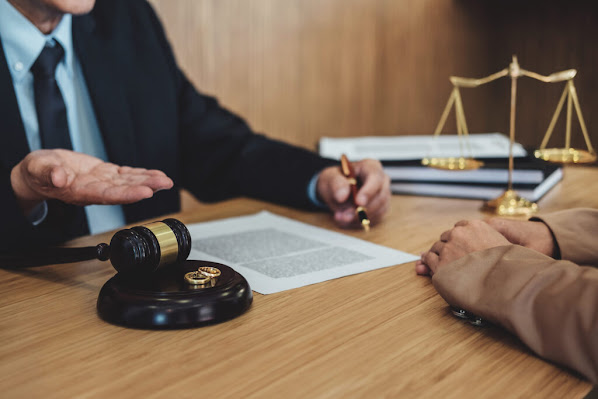George Zimmerman is a figure who became widely known due to his involvement in the fatal shooting of Trayvon Martin on February 26, 2012, in Sanford, Florida. This incident and the subsequent trial sparked significant public and media attention, raising discussions about race relations, self-defense laws, and gun control in the United States.
Background
George Zimmerman was a neighborhood watch volunteer in the gated community of The Retreat at Twin Lakes in Sanford. Trayvon Martin, a 17-year-old African American high school student, was temporarily staying in the community and was returning from a store when Zimmerman noticed him and deemed him suspicious. Zimmerman called the Sanford Police Department to report Martin's behavior and followed him despite being advised by the police dispatcher not to do so.
The Incident
The encounter between Zimmerman and Martin led to a confrontation that ultimately resulted in Zimmerman fatally shooting Martin. Zimmerman claimed that he shot Martin in self-defense after Martin allegedly attacked him. The lack of witnesses and physical evidence leading up to the shooting made the details of the confrontation a point of significant contention and speculation.
Legal Proceedings
Zimmerman was not initially arrested, leading to national and international protests calling for his arrest and a full investigation. He was eventually charged with second-degree murder and manslaughter. During the trial, Zimmerman's defense argued that he had acted in self-defense. The prosecution attempted to portray Zimmerman as the aggressor who had racially profiled Martin.
The Verdict
On July 13, 2013, Zimmerman was acquitted of all charges by a jury. The acquittal was based on their conclusion that the state had not sufficiently proved Zimmerman's guilt beyond a reasonable doubt under Florida's self-defense laws.
Aftermath
The trial and its outcome led to significant public discourse about the legal system, and it helped catalyze the Black Lives Matter movement, which campaigns against systemic racism and violence towards black people. Discussions about the appropriateness of "Stand Your Ground" laws in Florida and other states were also amplified.
George Zimmerman's life post-trial has included several encounters with law enforcement and legal issues, including arrests and allegations unrelated to the Trayvon Martin GZ Legal Case. His actions and the trial's outcome continue to be a significant part of discussions around American legal and racial issues.









